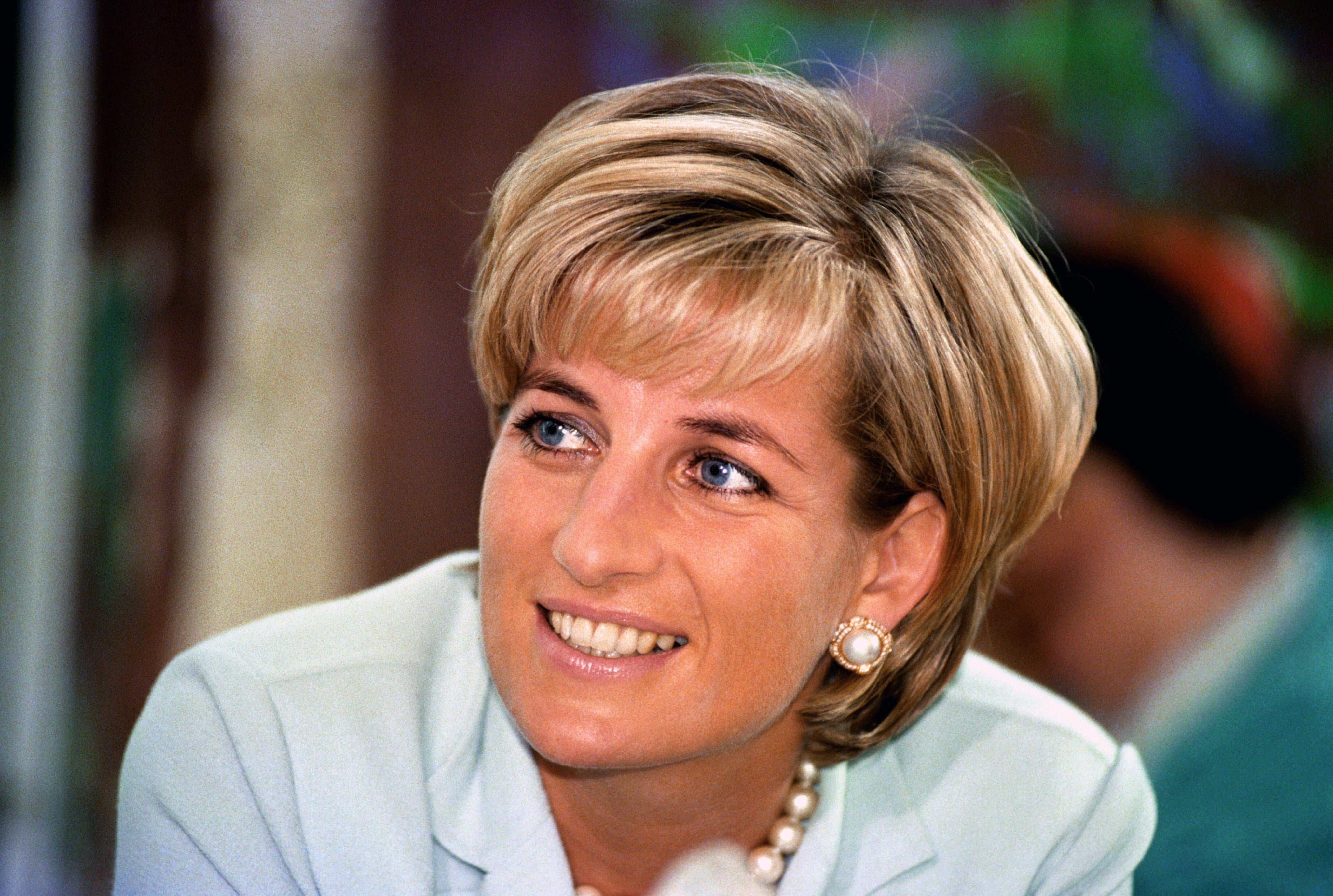Netflix’s The Crown to depict Princess Diana’s struggle with bulimia
‘We advised on how to portray eating disorders in a sensitive and non-glamourising way,’ says eating disorder charity Beat

Your support helps us to tell the story
From reproductive rights to climate change to Big Tech, The Independent is on the ground when the story is developing. Whether it's investigating the financials of Elon Musk's pro-Trump PAC or producing our latest documentary, 'The A Word', which shines a light on the American women fighting for reproductive rights, we know how important it is to parse out the facts from the messaging.
At such a critical moment in US history, we need reporters on the ground. Your donation allows us to keep sending journalists to speak to both sides of the story.
The Independent is trusted by Americans across the entire political spectrum. And unlike many other quality news outlets, we choose not to lock Americans out of our reporting and analysis with paywalls. We believe quality journalism should be available to everyone, paid for by those who can afford it.
Your support makes all the difference.The upcoming season of The Crown will depict Princess Diana’s struggle with bulimia, which the late royal once said she suffered from for “a number of years”.
In the fourth season of Netflix’s hit historical drama, viewers will be introduced to Princess Diana as she meets and marries Prince Charles.
Emma Corrin will portray Princess Diana in the new season, before Elizabeth Debicki takes over the role for the show’s final two seasons.
While Diana’s entry into the royal family may have seemed to many like a fairytale-come-true, behind the scenes she was suffering from an eating disorder that stemmed from low self-esteem, she told journalist Martin Bashir during a 1995 interview.
Left Bank Pictures, the production company behind The Crown, said in a statement sent to The Independent that “producers worked closely with [eating disorder charity] Beat to ensure that their portrayal of Princess Diana’s bulimia in season four was both accurate to the disorder and sensitively handled."
Rebecca Willgress, head of communications at Beat, added in a statement sent to The Independent that while the organisation was not present on the set of The Crown, the charity offered guidance on how to depict the late Princess of Wales’ struggle with bulimia in a “sensitive and non-glamourising way”.
“We were consulted by Netflix and Left Bank Pictures during the production,” Ms Willgress said.
“We were not involved on set, but advised on how to portray eating disorders in a sensitive and non-glamourising way, including signposting to appropriate sources of help and providing trigger warnings where needed.”
During her conversation with journalist Bashir in 1995, Princess Diana explained that her bulimia developed as a result of her faltering sense of self-worth.
“You inflict it upon yourself because your self-esteem is at a low ebb, and you don't think you're worthy or valuable. You fill your stomach up four or five times a day – some do it more – and it gives you a feeling of comfort,” the then-34-year-old said, describing bulimia as a “secret disease”.
“It's like having a pair of arms around you, but it's temporarily, temporary. Then you're disgusted at the bloatedness of your stomach, and then you bring it all up again. And it's a repetitive pattern which is very destructive to yourself.”
Princess Diana said that her bulimia was a “symptom of what was going on in my marriage”, stating: “I was crying out for help, but giving the wrong signals, and people were using my bulimia as a coat on a hanger: they decided that was the problem - Diana was unstable.”
Former royal chef Darren McGrady spoke about Princess Diana’s bulimia during a 2017 interview with Hello!, telling the magazine that he “always questioned why on earth she wanted all of this food”.
“But there was nothing I could do. I was there as a chef, my job was to cook and to prepare food. I wasn’t a psychologist, or a doctor, who could say you shouldn’t be eating all of this. I knew something wasn’t right but I didn’t know or understand what bulimia was,” he said.
Bulimia, otherwise known as bulimia nervosa, is a “serious mental illness” that involves a person becoming “caught in a cycle of eating large quantities of food (called bingeing), and then trying to compensate for that overeating by vomiting, taking laxatives or diuretics, fasting, or exercising excessively (called purging),” Beat explains.
According to the charity, approximately 45 per cent of people who develop bulimia make a full recovery, while 23 per cent suffer from the condition “chronically”.
To contact Beat, you can call the charity’s helpline on 0808 801 0677, the studentline on 0808 801 0811 and the youthline on 0808 801 0711.
The helplines are open every day of the year, Monday to Friday from 9am to 8pm and on the weekends and on bank holidays from 4pm to 8pm.
You can also contact the charity via its one-to-one web chat by clicking this link.





Join our commenting forum
Join thought-provoking conversations, follow other Independent readers and see their replies
Comments